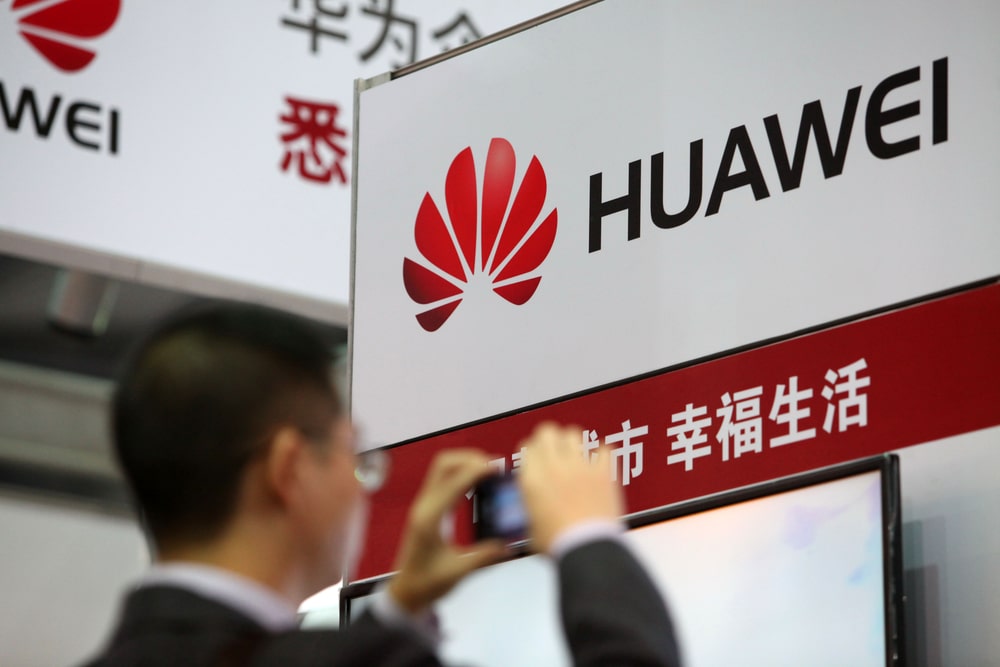In the September 15, 2020 edition of The New York Times, the American Enterprise Institute’s Chris Miller crowed that with its barrage of sanctions Washington would “Decapitate” the Chinese telecom giant Huawei. In this premature pronouncement Miller, whose book Chip War is a favorite of Beltway-Sinophobes, is just the latest in a long line of arrogant American hawks predictably proven wrong.
Indeed, despite years of sanctions and trade restrictions, Washington’s attempt to crush Huawei, a flashpoint in the escalating fight between the United States and China, has fallen flat. Huawei is not only surviving but thriving. With a strong 2023 performance and impressive technological advancements, Huawei has demonstrated its resilience and innovation.
Since 2019, the U.S. has imposed stringent sanctions on Huawei, alleging national security risks. These restrictions included barring American firms from selling technology and software to the Chinese company without a license. The initial impact was severe: Huawei’s smartphone business, once a global leader, was crippled as it lost access to critical components and software. The company’s revenue plummeted, and its position in the market diminished significantly.
Since then, Huawei’s comeback has been nothing short of remarkable. After a couple of years spent retooling and reconfiguring its business, in 2023 the company reported a revenue of 700 billion yuan ($99 billion), a 9% increase from the previous year. This resurgence is largely attributed to the success of the Mate 60 Pro smartphone, which surprised industry experts with its advanced technology despite American efforts to restrict China’s access to foreign chips. Huawei’s market share in China increased, even as Apple’s declined. The Mate 60 Pro’s popularity and the company’s ability to produce sophisticated processors independently highlight Huawei’s resilience and innovative capabilities.
Huawei’s recovery extends beyond smartphones, however. The company’s in-house operating system, Harmony OS, is now used in over 900 million devices. This achievement underscores Huawei’s commitment to developing independent technology. Additionally, Huawei has ventured into electric vehicles and artificial intelligence, with significant investments in research and development. The company’s AI framework, powered by Ascend processors, has shown itself to be competitive with international offerings, further demonstrating Huawei’s technological prowess.
Yet never one to accept failure, Washington appears determined to try again.
Despite the resilience and innovation demonstrated by Huawei and other Chinese tech companies, which suggest that further efforts by Washington are likely to be equally futile, Uncle Sam is poised to impose new restrictions on Huawei.
But these measures are only likely to exacerbate tensions between the United States and China, and hinder potential collaboration and innovation. Sanctions are a poor substitute for substantive engagement, represent an incredible infringement on the rights of property, and unsurprisingly, they have also spawned a black market industry of getting the restricted materials into China.
When have sanctions ever worked? We’re still waiting for them to change the minds of regimes in charge of those geopolitical titans Iran, Venezuela, Cuba, and North Korea.
Some of America’s closest allies, such as South Korea, have sought exceptions to Washington’s increasing sanctions on China, recognizing the detrimental impact on their own industries. Even the Pentagon has pushed for more lenient measures, underscoring the internal contradictions and lack of a coherent strategy within the U.S. government.
In this context, it is crucial to consider the benefits of increased exchange between the U.S. and China. The global landscape of science and technology is becoming increasingly interconnected, and collaboration can lead to significant advancements that benefit all. By fostering cooperation rather than imposing restrictions, both nations can leverage their strengths and drive innovation in critical areas such as artificial intelligence, renewable energy, and healthcare.
Moreover, increased exchange can help bridge cultural and political divides, promoting mutual understanding and reducing the risk of conflict. The United States and China, as global superpowers, have a responsibility to lead by example and demonstrate the value of cooperation in addressing global challenges. By working together, they can set a precedent for other nations and contribute to a more stable and prosperous world.
Entrenched though the war party may be, it is time for Washington to recognize and accept the potential of cooperation over conflict.

































